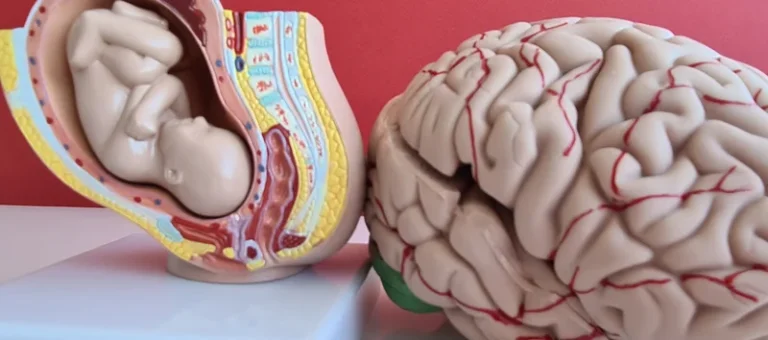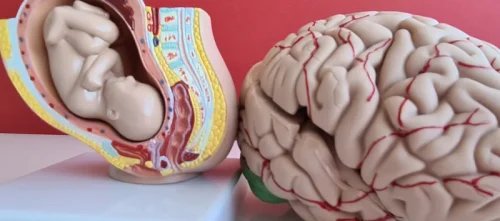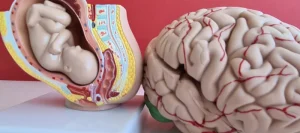
According to a 2020 literature review, clinicians are not completely sure why alcohol raises blood pressure. However, even people who do not drink regularly have a risk of experiencing negative effects from alcohol. Paired with the added risk of high blood pressure, treatment and rehabilitation become even more important. As part of a comprehensive treatment plan for alcohol use disorders, group therapy, https://ecosoberhouse.com/article/consequences-of-drinking-and-driving-dui/ individual counseling, family counseling, support group meetings, wellness activities, and medication treatments may be included.
Mitochondrial Dysfunction and Changes in Mitochondrial Bioenergetics
A J-shaped relationship for females showed protective effects at or below consumption levels of 15 g/day (Taylor et al. 2009). These data highlight how gender may be an important modifier of the alcohol threshold level and can shape the alcohol benefit−risk relationship. The way in which alcohol consumption has been measured and categorized varies, sometimes making it challenging to compare data among studies. More studies today report alcohol consumption in terms of either “drinks” or grams/units of ethanol per day or week, and alcohol consumption is measured by self-report. Most investigators also define the amount of alcohol that constitutes a “standard” drink as 12 to 15 g (with only slight variation).

How does alcohol affect blood pressure?
However, “since everyone has different physiology, many people may react to the same amount of alcohol in diverse ways,” he added. It also regulates metabolism, immune function, and inflammatory pathways. Hypertension, or high blood pressure, is a very common condition worldwide. Heavy alcohol users who cut back to average drinking can lower their top number in a blood pressure reading by about 5.5 millimeters of mercury (mm Hg) and their bottom number by about 4 mm Hg. Medications such as statins that act directly on the liver can cause further damage when combined with alcohol.

Impact of Drinking Patterns and Types of Alcoholic Beverages on Risk
- If you have high blood pressure, doctors recommend decreasing your total alcohol intake or not drinking alcohol at all.
- However, some reports indicate that alcohol-dependent women develop ACM after consuming less alcohol over a shorter period than do age-matched alcohol-dependent men (Fernández-Solà et al. 1997; Urbano-Marquez et al. 1989).
- One of the most appropriate ways to reduce alcohol-induced high blood pressure is to reduce your alcohol intake as much as possible.
- Some research noted that endothelial function is impaired in abstinent individuals with a long-term history of alcohol abuse or alcoholism (Di Gennaro et al. 2007, 2012; Maiorano et al. 1999).
According to a recent analysis by the American Heart Association (AHA), the more alcoholic drinks you have each day, the higher your systolic blood pressure tends to be. Sometimes, it’s hard to avoid alcoholic beverages at social events, but excessive alcohol consumption may increase your risk of high blood pressure. Finally, in studies of people from certain Eastern European countries, investigators have failed to find a cardioprotective effect with any level of ethanol consumption (Britton and McKee 2000).

Other factors to keep in mind

Having more fluids in the body directly increases blood pressure levels. It may affect the level of the medicine in the body or cause more side effects. Regularly consuming too many calories can lead to weight gain and therefore obesity, which is a risk factor for heart attack, stroke and type 2 diabetes. There is certainly no reason to start drinking alcohol if you don’t already.

Although some of those effects can occur without alcohol consumption, avoiding alcohol helps decrease the risks. Alcohol consumption increases the amount of calcium that binds to the blood vessels. This increases the sensitivity of the blood vessels to compounds that constrict them. Having higher levels of catecholamines causes the body to excrete less fluid through urine.
Aren’t there some benefits to drinking alcohol?
In reality, there’s no evidence that drinking beer (or your alcoholic beverages of choice) actually contributes to belly fat. “Some people think of the effects of alcohol as only something to be worried about if you’re living with alcohol use disorder, which was formerly called alcoholism,” Dr. Sengupta says. Other ethanol-induced changes may be related to enzymes that modulate protein synthesis and/or breakdown (e.g., ubiquitine-ligases). MTOR regulates cell growth, proliferation, motility, and survival; protein synthesis; and transcription (Donohue 2009).
Conditions
Data from transgenic animal models and pharmacologic approaches strongly support a role for ethanol-induced oxidative stress in CV disease. In addition, there was no evidence of nitrative damage in mice bred to disrupt (i.e., knock out) the gene for angiotensin I receptor (AT1-KO) that had been given ethanol for a similar length of time (Tan et al. 2012). Both experimental approaches also prevented accumulation of ethanol-induced scarring (collagen and fibronectin); apoptotic cell death; and changes in the size, shape, and function of the heart after injury to heart muscle (ventricular remodeling). One study found that three glasses of nonalcoholic red wine a day over a month led to a significant drop in blood pressure in men with heart disease risk factors. But men who drank red wine with alcohol, or 3 ounces of gin, had no change in their blood pressure.
Does drinking water before meals really help you lose weight?
- The following sections will look at some of these ways in more detail.
- This is especially true in light of the relationship between a sensor of stress (mTOR) and nutrient deprivation and how essential autophagy is to cell survival.
- These data suggest that antioxidant defense mechanisms that attempt to protect the heart against oxidative damage appear to be initiated soon after drinking alcohol.
- For example, alcohol consumption typically has been measured through self-report.
In many ways, your medical history (and present) can tell you a lot about your future with alcohol. That means, if you’re living with other medical conditions and/or taking certain medications, this will all have an impact on how alcohol affects you. Long-term alcohol use can change your brain’s wiring in much more significant ways. When you drink too much alcohol, it can throw off the balance of good and bad bacteria in your how does alcohol affect blood pressure gut. That allows excess calories from the foods you eat to sit around, leading to weight gain.
|
Zachary Paul
Zachary Paul is an independent investigative journalist living in New York City. |


